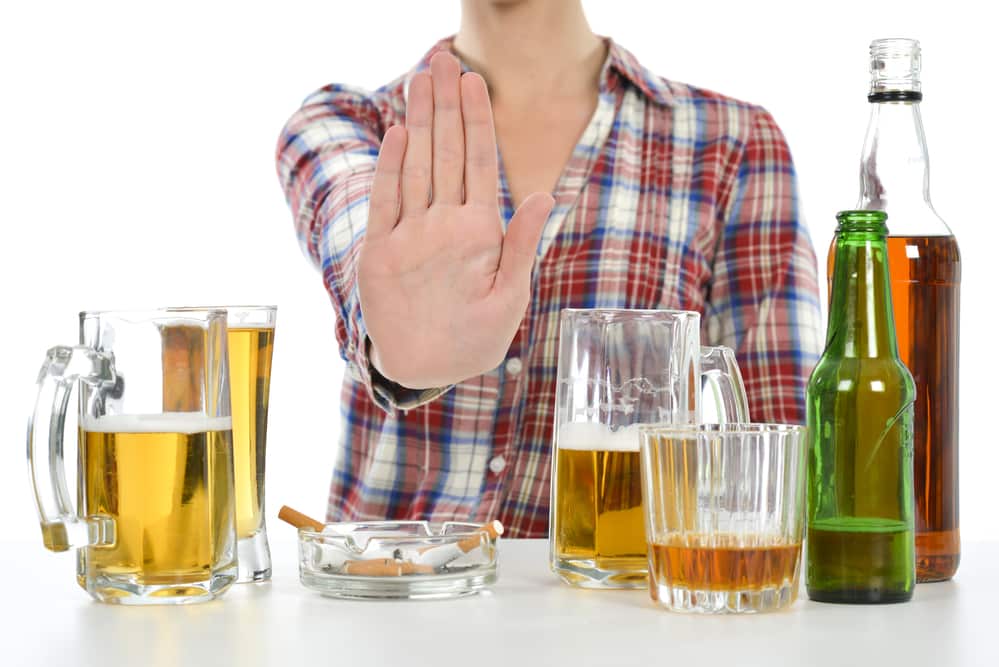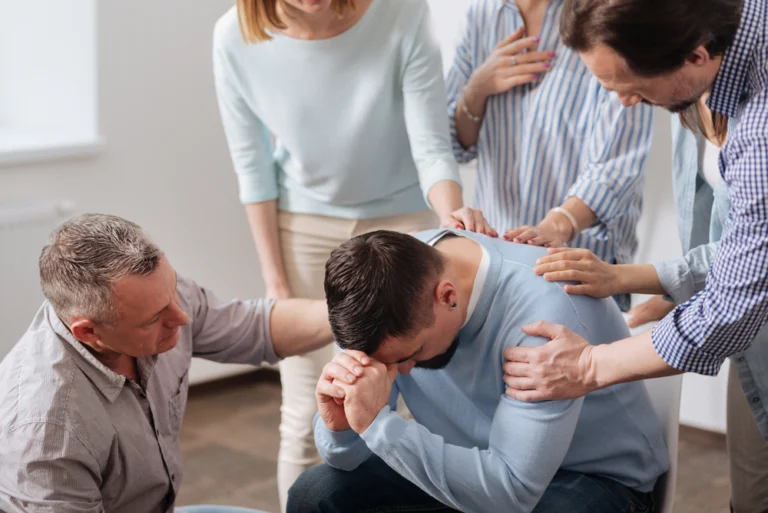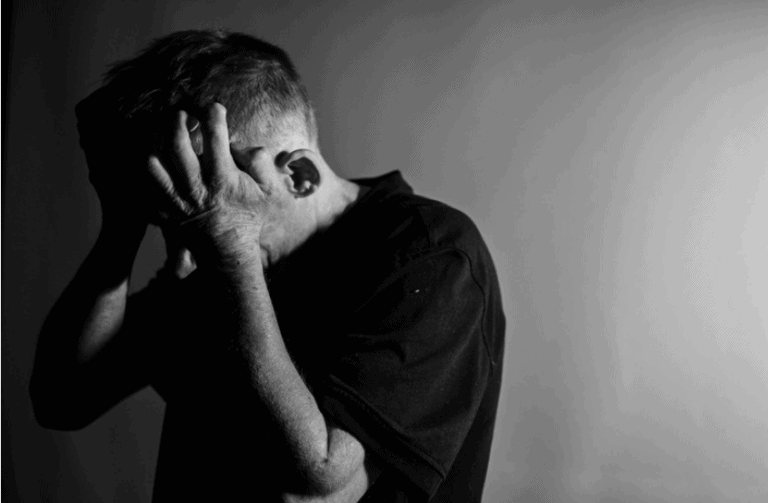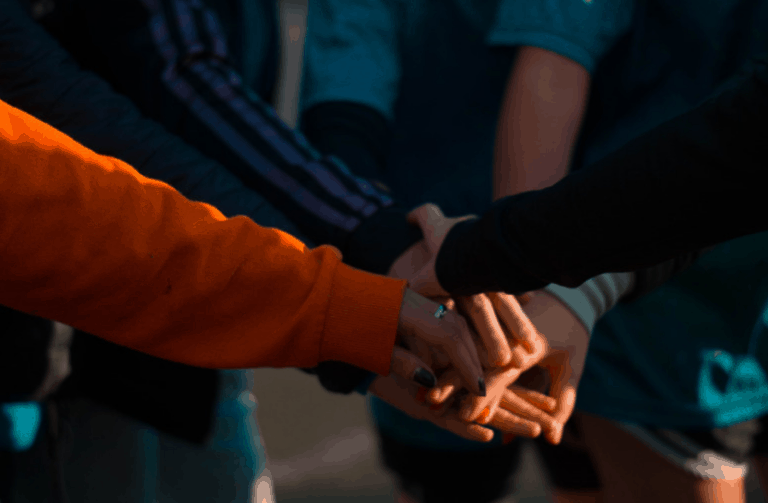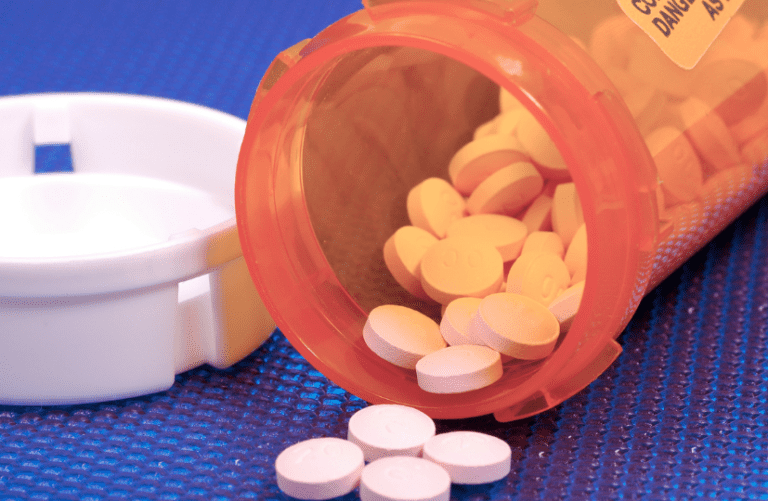After the stress of being arrested and the fear of facing criminal penalties, most people wonder what’s next when you get a DUI. After all, a DUII or DWI conviction has lasting repercussions and can have a major impact on your personal and professional life. The embarrassment, legal fees, loss of license, and potential jail time are just some of the negative effects that result from getting convicted for driving under the influence.
However, recovering from a DUI arrest is possible. While these events are not easy to deal with, they also present an opportunity for positive change. Read on to find out more about how you can recover from a DUI arrest and get your life back on track sooner rather than later.
1. Build a Support Network
After a DUI arrest, you may feel isolated and alone. You may also be concerned about burdening your friends and family. But building a support network can help you get through the challenges of a DUI charge and conviction. You can start by reaching out to friends and family members who are supportive and whom you trust.
You can also find online forums and online support groups to connect with people who have been through the same challenges that you’re facing now. You can also seek out professional support, such as Alcoholics Anonymous (AA) or Narcotics Anonymous (NA). Talking with people who understand what you’re going through and can share their own experiences can help you cope with the stress of being charged with a DUI and help put things into perspective.
2. Take Responsibility
Taking responsibility for your actions is an important part of recovering from a DUI conviction. You may feel like you were treated unfairly or that your situation is not your fault. But no matter what led up to your arrest and conviction, it’s important to take responsibility and acknowledge that you made a mistake. Blaming others or denying responsibility is unlikely to help you with your recovery.
It can also lead to denial of your rights to treatment, leniency, and other special programs that are available to those who take responsibility for their actions. Taking responsibility means taking ownership of your actions and acknowledging that you made a mistake. It also means being willing to learn from your mistake and do what you need to do to make sure you don’t make the same mistake again in the future.
3. Educate Yourself
Getting a DUI is a wake-up call to learn more about how alcohol affects your body. Understanding the effects of alcohol consumption, as well as your reactions to alcohol consumption, can help you make better choices in the future. Getting help from a substance abuse counselor is one way to learn more about alcohol’s effects on your body.
You can also take a look at online resources and books about alcohol’s effects on your body and on your behavior. Knowing what alcohol does to your body and how it changes your behavior can help you make better decisions about alcohol use. It can also help you identify strategies for managing your alcohol use and avoid situations in which you might drink too much.
4. Change your Habits
DUI convictions and arrests can be wake-up calls for change. When you’re charged with a DUI, it can be a good opportunity to look at your life and see if there are certain habits that need to be changed. Drinking alcohol is one example of a habit that many people can benefit from changing.
Changing your habits may include stopping or limiting your alcohol consumption, changing your diet, engaging in physical activity, or finding other ways to cope with stress in your life. Becoming more aware of your habits and thoughts can help you identify changes that you want to make and give you a starting point for change.
5. Establish a Recovery Plan
After a DUI arrest, it can be easy to get caught up in thinking about how you got to this point in your life and how you can recover. You may feel overwhelmed by your circumstances and unsure of what to do next. But getting a DUI doesn’t mean the end of your life. It doesn’t mean you can’t recover and get your life back on track. It’s important to remember that you have control over how you respond to your situation and what you do next.
It’s also important to plan for your recovery. This includes things such as setting goals for yourself, seeking help, and setting up support systems that can help you meet your goals and get back on track. Planning for your recovery can help you feel less overwhelmed and more in control of your situation.
Asheville Recovery Center Can Help
Getting arrested for a DUI is a scary experience, and it can be difficult to know how to recover and get your life back on track. However, it is possible. You can begin by building a support network of friends and family who can help you get through this challenging time.
You can also take responsibility for your actions and make an effort to educate yourself about how alcohol affects your body and how to change your drinking habits. Finally, you can establish a recovery plan to set goals for yourself and get back on track.
Fortunately, there are ways to prevent unhealthy behaviors and help those who are already struggling. If you or someone you know is struggling with addiction or mental health, it is important to get treatment. At Asheville Recovery Center treatment specialists utilize a 12-step program and practice holistic rehabilitation.
Services at the center include:
Partial Hospitalization Program – At Asheville Recovery Center we offer a partial hospitalization program for clients who need post-residential treatment as well as for clients who need primary treatment but are unable to enroll in inpatient programs. Our PHP track offers a variety of therapeutic services and benefits to individuals in early recovery from substance addiction.
Outpatient Rehabilitation – During intensive outpatient treatment (IOP), clients live at home or in a sober living residence while completing an addiction treatment program. IOP is a place where clients can process their experiences in twelve-step fellowships and support one another in those individual journeys.
Addiction is difficult to overcome alone. If you feel that you or a loved one is struggling, our specialists are on standby and ready to help. Call and speak with an addiction expert today.


